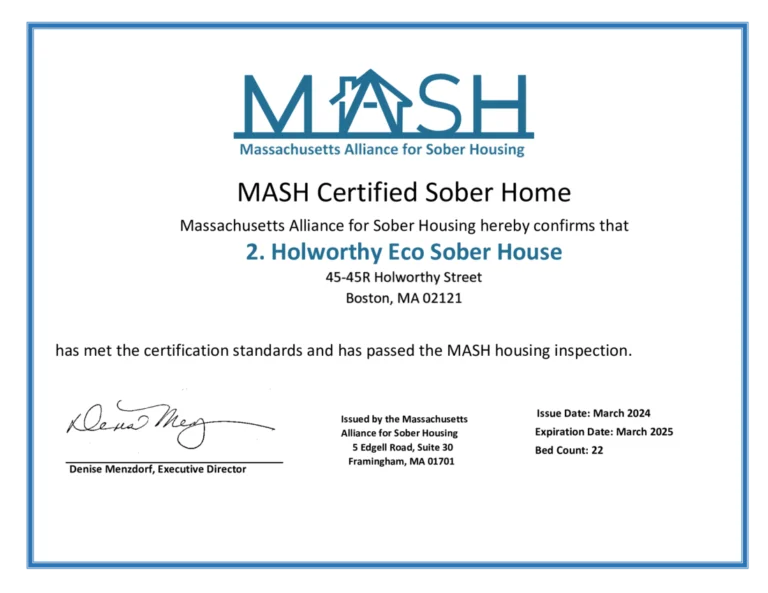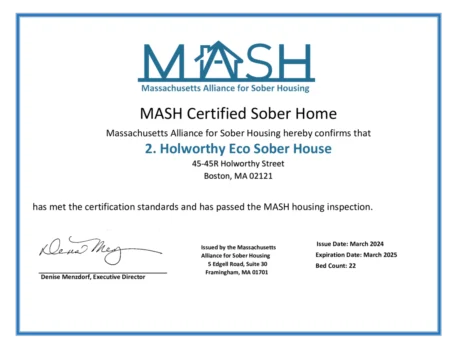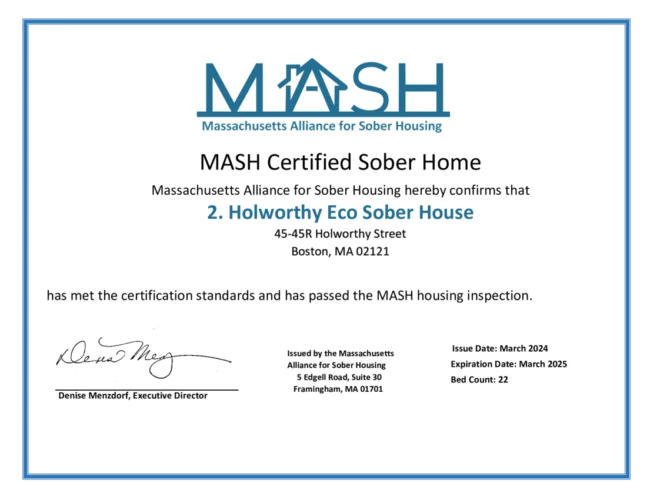
Embarking on the journey to sobriety starts with acknowledging and accepting the existence of a problem. It is a transformative process that necessitates making substantial lifestyle modifications, including addiction treatment. The answer was more negative consequences of drinking and more positive associations with God and/or spirituality. Interestingly, as of 2019, 73 percent of addiction treatment programs in the United States used a spiritual component,6 the majority referencing God or a Higher Power.

How common is relapse?

People tend to like the idea of drinking, feeling numb, loose, and have the false bravado needed to push through any uncomfortable situation. However, once you tips to stay sober stop drinking, you realize that others don’t really seem to get what they want out of it either. Ria Health offers several FDA-approved medications for alcohol use disorder.

Setting Healthy Boundaries in Recovery
- Sobriety is the process that encompasses all the tools needed to maintain the state of abstinence.
- Focus on Your Overall HealthRecovery is a perfect time to revitalize your well-being.
- For example, you can practice daily gratitude with a list of three to ten things you’re thankful for each day.
The first step in living a sober life is to commit to sobriety. This means making a conscious decision to stop using drugs or alcohol and sticking to that decision, no matter what. It’s crucial to understand that getting sober is a process that takes time and effort to achieve long-term recovery.
Avoiding Relapse
Embarking on the sobriety journey is a transformative experience involving more than quitting substance abuse. It requires a commitment to creating a new lifestyle that promotes health, wellness, and personal growth. Continuing self-improvement is essential for maintaining sobriety long-term.
Relapse Prevention Plan
It’s important to surround yourself with people who respect your choice to remain sober and who support your recovery journey. This might mean forging new friendships within sober communities or support groups where mutual experiences foster deep understanding and companionship. Remember, rediscovering life without substances isn’t a linear process.
This quote reminds us that recovery is a journey, and persistence is key. When examining sobriety, it’s helpful to consider synonyms that capture its essence. Synonyms provide a broader understanding and are particularly useful when discussing sobriety’s different aspects.
- Whatever the motivation for getting clean, without properly addressing the underlying causes of addiction, there is a very real risk that relapse will occur.
- A therapist can help you learn new coping skills, develop new thinking patterns, and address any co-occurring mental health conditions that may make recovery more difficult.
- People in recovery generally agree that abstinence is necessary but remains just a starting point for a new, sober life.
- These individuals are purposely choosing not to drink or use drugs.
- These relationships provide support, understanding, and companionship without the temptation of substance use.
- Some of the immediate changes you will need to make will be obvious—like not hanging around the people that you used with or obtained drugs from.
Sobriety is a general term for staying away from mood- and mind-altering substances, though there is no commonly agreed-upon medical definition in terms of what sobriety means. People in recovery generally agree that abstinence is necessary but remains just a starting point for a new, sober life. Sobriety can be a particularly challenging pursuit for someone with an addiction like alcohol use disorder. Medication-assisted treatment (MAT) involves the use of medication to help manage withdrawal symptoms and cravings.

- Second, you need to apply the steps for getting out of debt to your financial circumstances.
- Staying sober offers numerous benefits for your physical, mental, and emotional well-being.
- Now before you hate, I can sing a little something sum.
- Sobriety is a lifelong journey filled with challenges and obstacles but also incredible rewards.
You need new friends to support you who are in recovery too. So how are you going to accomplish that without a recovery community? That is a vital question for you to answer in an action plan to prevent relapse and continue sober living. Shame is strongly correlated with continued substance abuse. Understanding this correlation and the definition of sobriety as a process may increase the likelihood of breaking the negative cycle of sobriety and relapsing.

By abstaining from drugs and alcohol, individuals also decrease their risk of developing mental health disorders or experiencing relapse. Sobriety brings higher levels of energy and motivation, enabling individuals to pursue their goals and aspirations with renewed vigor. Through therapies like Cognitive Behavioral Therapy (CBT) and Dialectical Behavior Therapy (DBT), individuals learn coping mechanisms that aren’t reliant on substance use. These therapies help you navigate emotions, stress, and triggers in a healthier way. For instance, CBT aims to change harmful thought patterns that contribute to substance use, while DBT focuses on managing intense emotions and improving relationships.
